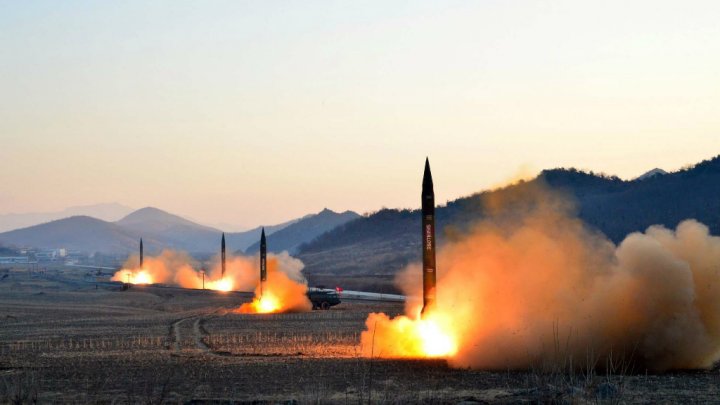Letter from La Vigie, 24th January 2024

In war, there is only wealth in men
For three decades, it was thought that expeditionary wars required professional soldiers. The wars of the 21st century show that the debate between quality and quantity, cannon fodder and technology, professionalisation or conscription, active and reserves, nationals and foreigners needs to be revisited.
To read the article, click here
Depolarisation
With the fall of the Berlin Wall, the polarised world gave way to a unipolar moment and then to a multipolar world. The proliferation of conflicts that no single power has been able to stop, the collapse of political movements, cultural bases and economic models have led to the emergence of a depolarised world prey to the appetites of the most voracious. However, France has the means to take advantage of this particular moment to reassert itself so that it does not have to choose voluntary servitude.
To read the article, click here
Lorgnette: other Eastern tensions
For many analysts, the main issue in the Far East is the Chinese question, with regard to its neighbours or the United States. But the Korean question is likely to become much more sensitive. Last year, Kim Jong-Un stepped up his demonstrations of force (ballistic missile tests), which he is continuing this year: bombing of Yeonpyeong Island, testing of an underwater weapon and a hypersonic IRBM missile. The Constitution once again designates South Korea as the first hostile country.
In South Korea, after attempts at détente (LV 90), a hardening is underway (LV 211), which will be the focus of the April elections. But Kim was humiliated by the negotiations with D. Trump in 2016 (the latter left the table before the end of the talks). He sees that America is embroiled in multiple crises and is in an election year. He has strengthened his ties with Russia and delivered millions of shells for the war in Ukraine. V. Putin will visit Pyongyang this year.
Bluff again or march to war? The Ukrainian example may have given the Korean leader some ideas, despite China’s opposition to this tension.
JOVPN
Subscribers: click directly on the links to read online or download the pdf issue (here), always with your login/password. New readers: read the article by issue, by clicking on each article (€2.5), or subscribe (discovery subscription €17, annual subscription €70, orga. subscription €300 excl. tax): here, the different options.
Photo credit: Waqqas on VisualHunt.com
